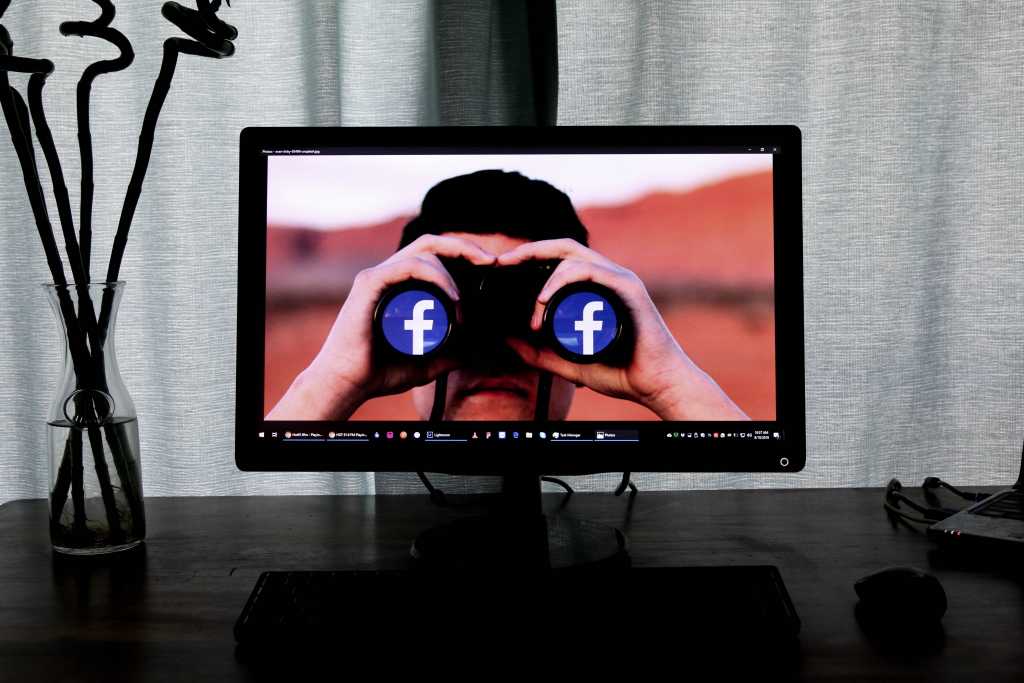The highest court in Texas ruled late last week Facebook can be held liable if sex traffickers use the social media platform to lure victims.
While attorneys representing Facebook argued the network is protected by Section 230 of the Communications Decency Act, the Texas Supreme Court decided the network is not a “lawless no-man’s land,” unaccountable for the things that happen there, Fox Business reported.
Section 230, passed in 1996, shields websites like Facebook from lawsuits if users of such sites post illegal content. There are, though, exceptions for things like copyright violations, illicit sex-related material, and content that violates federal laws, according to The Verge.
***As the number of voices facing big-tech censorship continues to grow, please sign up for Faithwire’s daily newsletter and download the CBN News app, developed by our parent company, to stay up-to-date with the latest news from a distinctly Christian perspective.***
“Holding internet platforms accountable for the words or actions of their users is one thing, and the federal precedent uniformly dictates that Section 230 does not allow it,” the court explained, per the Houston Chronicle. “Holding internet platforms accountable for their own misdeeds is quite another thing. This is particularly the case for human trafficking.”
Although platforms can’t be held liable for everything that happens on their sites, they can be sued for wittingly allowing criminal activity to take place.
The high court made its decision after three Texas-based lawsuits were brought against Facebook, claiming the platform allowed sex traffickers to target minors ages 13, 14, and 16. The kids, who live in Houston, were preyed upon by traffickers through Facebook-owned apps.
According to the Chronicle, the 14-year-old victim “was recruited, groomed, and sold in 2018 by a man she met on Instagram.” Her trafficker then “beat her and sold her for commercial sex for three weeks.”
***As the number of voices facing big-tech censorship continues to grow, please sign up for Faithwire’s daily newsletter and download the CBN News app, developed by our parent company, to stay up-to-date with the latest news from a distinctly Christian perspective.***
Annie McAdams, one of the attorneys for the plaintiffs, said the girl has undergone “intensive therapy” since her rescue.
The court didn’t decide whether Facebook is guilty of the allegations against it, but it did make legal room for the plaintiffs to pursue their claim in court.
“We do not understand Section 230 to ‘create a lawless no-man’s-land on the internet’ in which states are powerless to impose liability on websites that knowingly or intentionally participate in the evil of online human trafficking,” the court stated.
McAdams praised the court ruling in a statement.
She said in a press release her clients have “fought for over two years for the chance to bring their case,” adding, “While we have a long road ahead, we are grateful that the Texas Supreme Court will allow these courageous trafficking survivors to have their day in court against Facebook.”
“With the help of Chapter 98 protection,” the attorney continued, “we believe trafficking survivors in Texas can expose and hold accountable businesses such as Facebook that benefit from these crimes of exploitation.”
McAdams was referring to a section of the Texas Civil Practice and Remedies code that states, “A defendant who engages in the trafficking of persons or who intentionally or knowingly benefits from participating in a venture that traffics another person is liable to the person trafficked, as provided by this chapter, for damages arising from the trafficking of that person by the defendant or venture.”
A spokesperson for Facebook told Fox Business the platform is “reviewing the decision and considering potential next steps.” The representative went on to condemn sex trafficking as “abhorrent and not allowed on Facebook.”
***As the number of voices facing big-tech censorship continues to grow, please sign up for Faithwire’s daily newsletter and download the CBN News app, developed by our parent company, to stay up-to-date with the latest news from a distinctly Christian perspective.***
The ruling in Texas comes in the wake of a 2020 report by the Human Trafficking Institute that found Facebook to be the social media platform most frequently used by sex traffickers.
According to the study, 59% “of online victim recruitment in active sex trafficking cases occurred on Facebook.”
“Surprisingly,” the survey continued, “despite Facebook’s reputation as a less popular platform among teenagers, it was a more common platform for recruiting child victims than adult victims in 2020 active sex trafficking cases. In fact, 65% of child victims recruited on social media were recruited through Facebook compared to just 36% of adults.”



